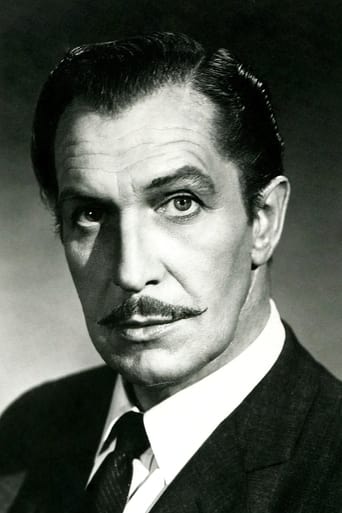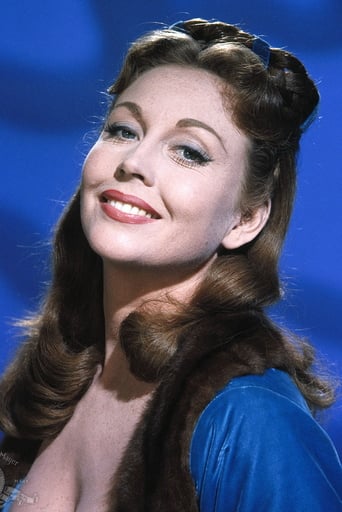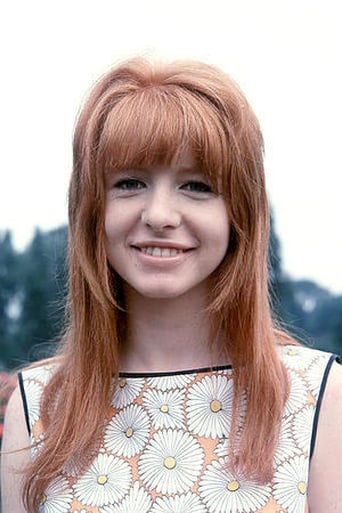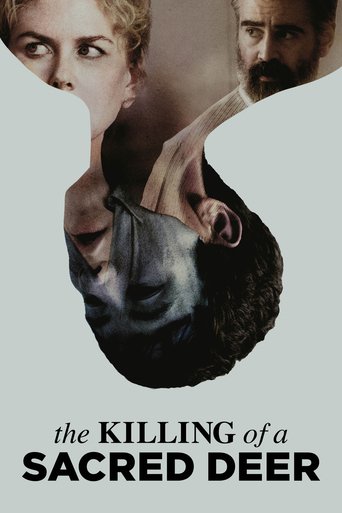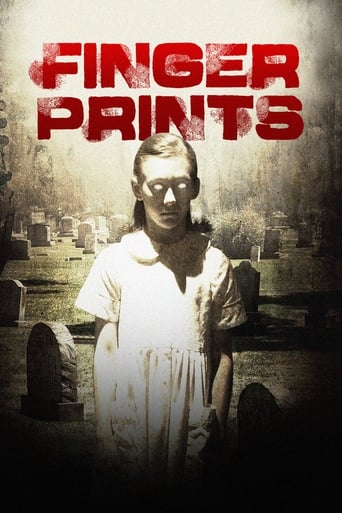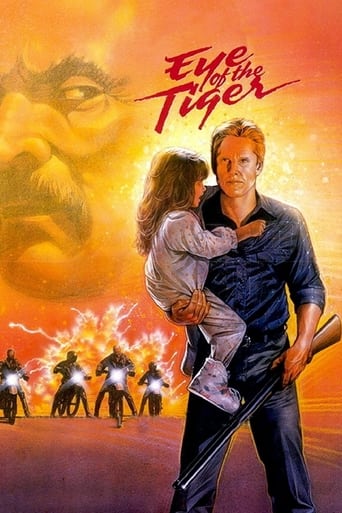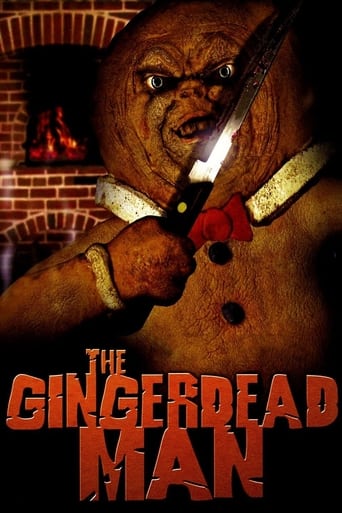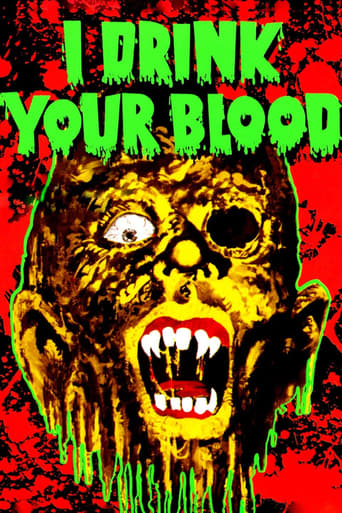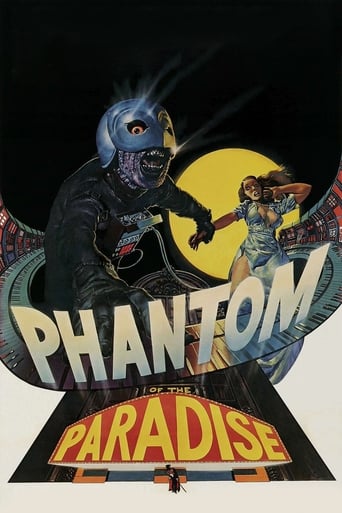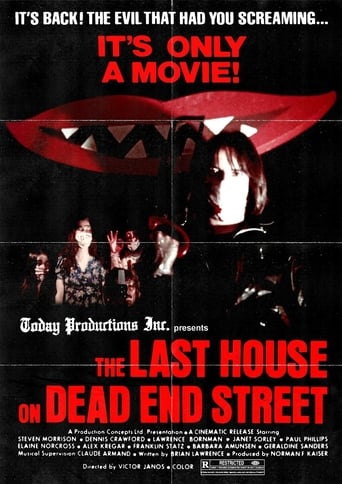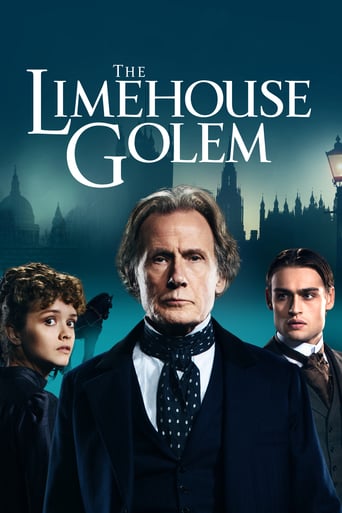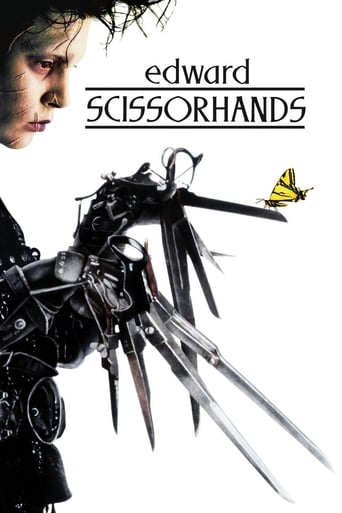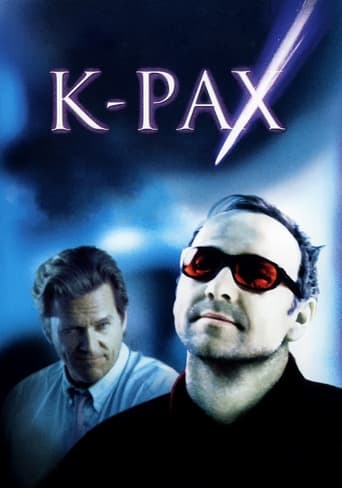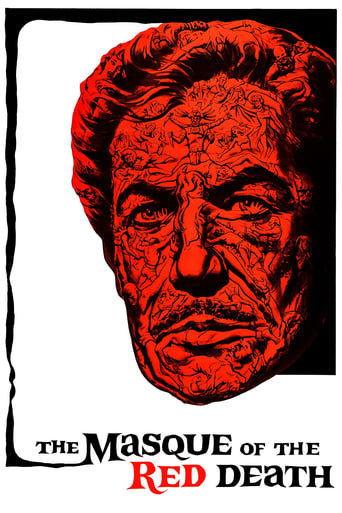
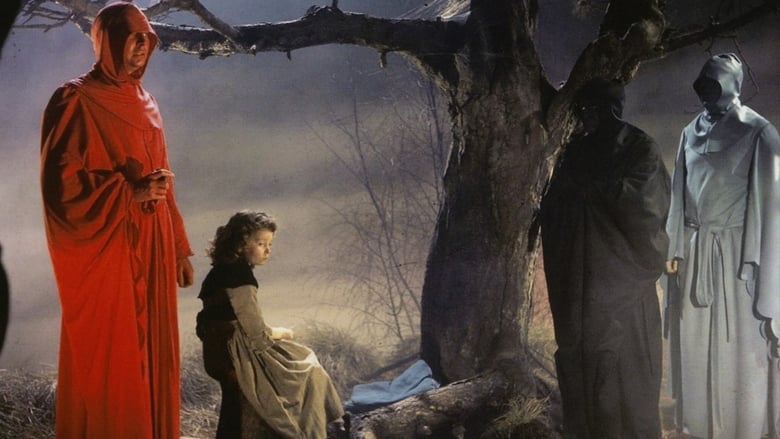
The Masque of the Red Death (1964)
A European prince terrorizes the local peasantry while using his castle as a refuge against the "Red Death" plague that stalks the land.
Watch Trailer
Cast


Similar titles
Reviews
The Masque of the Red Death is a brilliant film. Vincent Price as the malevolent Prince Prospero lords it over his lands, friends, peasants and all, totally devoid of any compassion or sensitivity. Whatever or whoever comes his way is either used, abused or destroyed by a man who imagines his power to be absolute. Added to that, he is also a worshipper of Satan and uses his supposed satanic connections to bolster his powers over others.When confronted with peasants from a local village he abducts a naive and pretty young woman, Francesca, beautifully played by Jane Asher, and imprisons her father and beloved. In passing, he discovers that the dreaded 'Red Death', a terrible disease, is stalking his lands but thinks little of it believing himself to be immune behind the walls of his mighty castle and protected, as he believes himself to be, by Satan.As the film progresses, Francesca comes to know of Prospero's satanic rituals and also sees him as the monster that he is. He murders friends from behind the walls of his castle with as little emotion as he watches his falcon catch its prey. When his lover, Juliana, played rather quietly by Hazel Court, is thrown into an attack of jealously by the arrival of the pretty and much younger Francesca, she looks to regain Price's affection by taking the final steps in committing herself to Satan's cause, branding herself with an upside down cross, and then trying to help Asher escape. Of course, Price knows of this and Court, after enduring the horrors of a final gruesome ritual, pays the ultimate price for her treachery, while Asher is faced with losing either her father or her lover in a nasty game dreamt up by Prospero and which ends unexpectedly.Prospero engenders fear in his retinue, though there are still some who are prepared to risk his wrath. The dwarf, Hop Toad, who hates Prospero but can't escape him, encourages one, Alfredo, played by the always reliable Patrick McGee and Prospero's long-standing ally, to believe that there is a way out of Prospero's control; in reality, Hop Toad is forging a trap because of Alfredo's previous ill-treatment of Hop Toad's beautiful and equally tiny love, Esmerelda. McGee consequently finds himself in a most unfortunate costume at the Masque, or ball, of the title, and Hop Toad has his revenge which, perversely, also brings Prospero's admiration. By now, Francesca has become accustomed to Prospero's brutal nature and is barely moved by the appalling scene that she witnesses.When the surviving villagers arrive and beg for help from Prospero during the ball, they are met with disdain and murder, except for a child whom Prospero fears to kill. Prospero and his guests continue to enjoy their dancing and entertainment, but Death having stalked the village, finally arrives at the castle, where Prospero believes him to be Satan only to find that he is the bringer of the Red Death itself and is not anyone's servant. At the last, Prospero asks Death to spare Francesca, his one and only kindly deed, before his final realisation of the truth and his own death. The final scenes of the Masque, and Death walking past the assembled throng, is somewhat stagey but wholly in tune with the nature of the film.The ending sees the bringer of the Red Death united with various fellows who've brought their own plagues elsewhere. We learn that Francesca and her lover, Hop Toad and Esmerelda, the child whom Prospero declined to kill and an old man have survived the Red Death although thousands have died. The others have brought similar pestilence to their domains although there is no explanation as to why.The cast has a few regular names of 50s, 60s and 70s British films such as Nigel Green, Paul Whitsun-Jones and Patrick McGee but none appears to any great degree. The film is largely about Vincent Price, Hazel Court and Jane Asher with occasional interlopers. Nonetheless, it must be regarded as one of the finest horror films of its generation. It lacks the buckets of blood and gore, and CGI, of more modern horrors but is much the better for that. The horror is in the not seeing and not knowing, rather than in the 'in your face' action of today's offerings. There is menace, threat, fear and imagining rather than fire and brimstone.This film is as watchable today as it was when I first saw it some 50 years ago. It holds the attention throughout without resorting to anything too shocking. Asher's facial expressions tell the audience how horrible things are, and how immured she later becomes, without recourse to less subtle means. There is none of the 'hamminess' of many horror films of the era and Price is just superb, as is the direction of Roger Corman.In the end there is a message. "Each man creates his own heaven and his own hell", in other words, we live our own lives and create our own opportunities and disasters. No one else is to blame if we get it wrong.This can't be marked as a 10 (little can) but it's worthy of more than an 8; as 8.5 isn't available, I have to give it a 9. It's that good.
This is a great movie. It is very scary. This movie has a great story line. It also has great acting. It also has great special effects. Based on the classic short story by Edger Allen Poe this movie will scary you out of the your mind. Village is being terrorized by an evil sprite called the red death. A prince of who worships the red death. Has a ball and give sanctuary to the rich. Vincent Price was a great actor Hazel Court was a great actress. 7.1 is underrating this classic horror film. Roger Corman is a great film maker. I need more lines and I am running out of thing to say. I am going to repeat myself sorry. Great movie great movie great movie.
Roger Corman is known for cheapo exploitation horror and producing more Oscar winning protégés than anyone else in film history.Corman also has an eye for a bargain and when he shot The Masque of the Red Death in England the deal he had with the film studio was that he could use existing sets made for bigger budget films. So this movie recycles the existing sets given the movie grandeur even though its a low budget film.However the film has more than an atmosphere provided by its scenery, its terrifically written giving it an eerie and cerebral quality, add some good acting led by Vincent Price who stays on the right side of ham as the local prince who worships Satan and who believe he and his wealthy friends are safely locked up in his castle while the Red Death sweeps the village.This is a film adaptation of an Edgar Allan Poe novel that gives it justice.
No need to go into storyline details after so many reviews. Looks like Corman's movie is Bergmann for the rest of us. The screenplay's heavy with philosophical themes about God, evil, and death. However, except for the themes and some of the imagery, the movie's a stylistic opposite of the grim Swedish filmmaker's Seventh Seal (1956). Here candy box colors are lavishly piled on top of one another. No shades of gray or bleak shorelines to depress viewers. Instead, it's manic gaiety interspersed with diabolical games of death and corruption. Looks to me like meaningful horror can be done even with a vivid color scheme, contrary to what some b&w purists have held. Then too, the movie shows that Price is quite capable of giving a non-hammy performance as his icily heartless Prospero proves in a tailor-made performance. For a minute, however, I thought Hollywood might actually carry through with a tough- minded existential theme (a morally indifferent world) that is suggested by such remarks as our making our own heaven and hell or death being the only overarching reality. But no. Even death, it seems, has a soft spot for love and lovers. So at the last minute Hollywood sneaks in, after all. Nonetheless, the movie's easily the best of Corman's adaptations of Poe, echoes of Bergmann or no.


